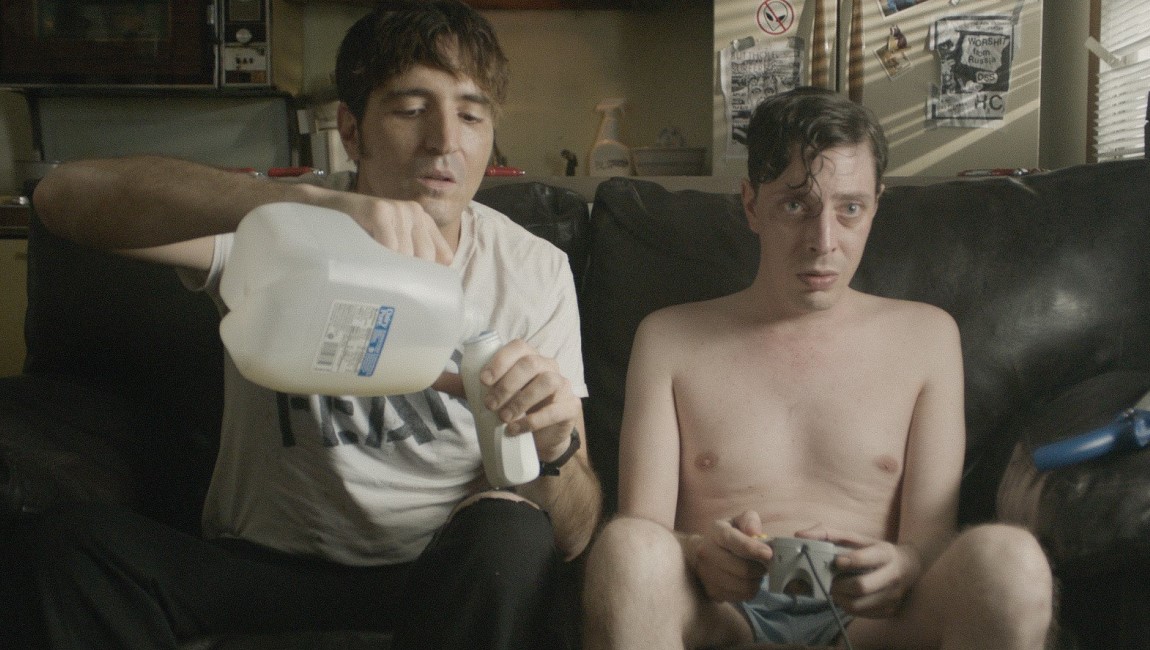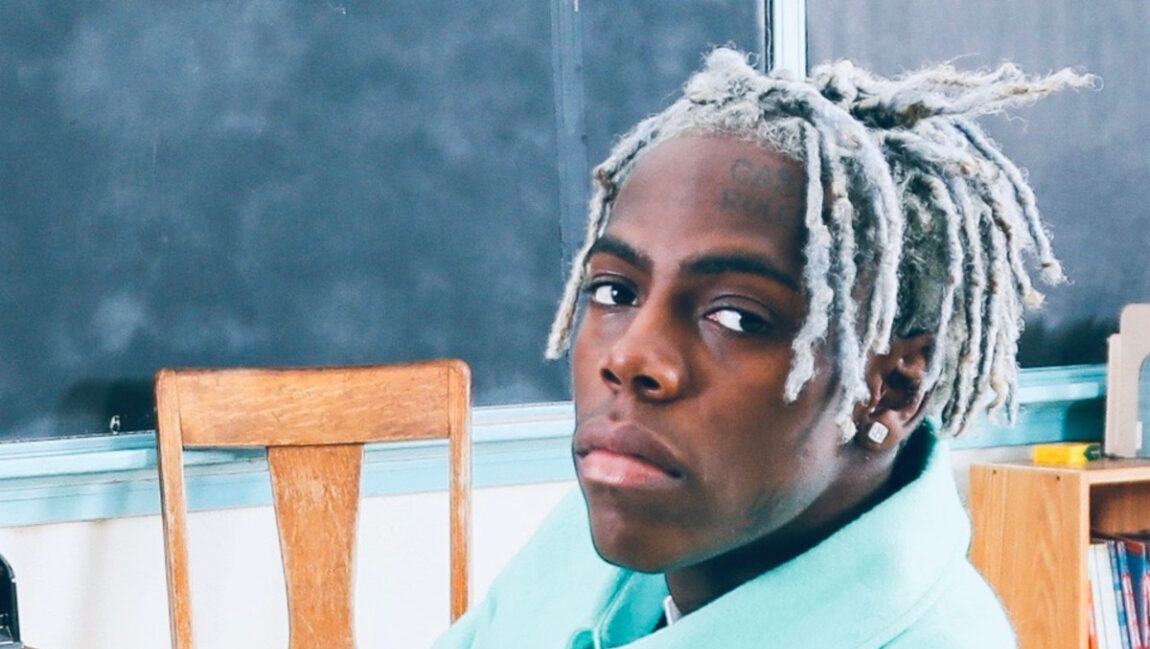#1. “Man, tell them haters open up the jail (Open up the jail)
And you can tell my baby mamas, “Get the bail money” (Bail me)
I said one thing they ain’t like, threw me out like they ain’t care for me
Threw me out like I’m garbage, huh?
And that food that y’all took off my table
You know that feed my daughters, huh? (Mmm)” – DaBaby, “Jail Pt. 2”
Perhaps we’ll all end up in music critic jail for our proud, unwavering love for Kanye West’s much-misapprehended masterpiece Donda — an album whose tumultuous rollout eclipsed any substantive discussion regarding the actual music of said release — but if loving yet another adventurous, idiosyncratic work of art from one of our greatest living musicians really is a felony offense, then we are, as DaBaby so eloquently put it, “guilty, guess they ‘gon have to take me.” In all seriousness, West’s latest opus finds him back within a seemingly undisciplined, erratic (read: deeply diverse) mode of music-making, the kind that led to The Life of Pablo’s disjointed structural style: you once again get a little of everything that Kanye’s dabbled with over the past twenty-or-so years of his career, a true no-holds-barred approach to compositional arrangement that genuinely requires near thirty songs to successfully accomplish. There’s early backpack-era Kanye found on the soulful “Believe What I Say,” with its looping Lauryn Hill sample and knottier wordplay, coexisting on a record with Yeezus-era heavy industrial instrumentation (those crunchy guitars on “Jail” marking “the return of The Throne”) and a throwback to Ye’s biggest doofus moment (“Drunk and Hot Girls”) with the vocoder-centric “Remote Control.” This time around, however, West has instilled a more defined skeletal framework to the tracklist, one that emerges when considered as a spiritual bildungsroman of sorts: it’s broadly characterized by a rejection of personal hubris (Donda’s first leg), a maturation into humbleness (everything following the towering anchor “Jesus Lord”), and finally ending on divine intervention and salvation (the miracle of ecstatic embrace that radiates from “No Child Left Behind”).
An album of many inherent contradictions, Donda also operates somewhere at the intersection of divorce album — with cuts like the tender “Lord I Need You”; the anguished call and response interlude on “Come To Life,” equally as poignant — and as a touching tribute to his late mother, Donda West (summoned most stirringly on the powerful title track), with both approaches serving as the thematic foundation for the broader musical tapestry West has assembled. Unlike the inert, often deeply awkward and antiquated songs that constituted Jesus is King, Donda is a perfect union of West’s gospel preoccupations and the current state of contemporary hip-hop, where the stabbing church organs of “24” — with an accompanying Sunday Service Choir chanting “God’s not finished” — and mellower keys on “Pure Souls” organically coincide with the Brooklyn-drill odyssey “Off the Grid,” replete with a redemptive Fivio Foreign feature and demonic Playboi Carti spot. Other star-making turns come from the likes of Roddy Ricch, Don Toliver, and Baby Keem, all of whom are placed on equal footing with lyrical heavyweights (Jay Electronica and The Lox, all working overtime on “Jesus Lord Pt. 2”), while Soulja Boy and Chris Brown remain personas non grata; elsewhere, Lil Yachty pensively fumes over “Ok Ok,” and Pop Smoke haunts the skeletal “Tell the Vision.”
Donda can be a long, and at times rambly, endeavor, but one that continually pulsates with its eclectic range of erratic tonalities, all about as forward-thinking as modern music gets. Yet, it’s the recently released deluxe edition that takes this ingenuity even further: it allows listeners to engage with this material within a context that eliminates the necessity of the “album” as a form of musical expression altogether. Freed from their original associations and functional expectations, these tracks are given further breathing room to operate as stand-alone entities, where their individual merits become more apparent once unchained from their primary duties. Sure, “Jail” is a great opener, and one that starts Donda off on an electric note; but it’s also a great song in general once finally divorced from any sequencing conditions. Likewise, “Hurricane,” on the regular version, serves as a brief cool-off after “Off the Grid,” The Weeknd’s ghostly falsetto taking gentle command; here, as the newly anointed first track, the eerie opening synths feel far more expository, a calm before the burgeoning storm. There are further edits, like the reshuffling and adding of a few second parts — longer editions of “Jesus Lord” and “Remote Control” have now become official canon, both good calls — and some new songs entirely. “Never Abandon Your Family” returned after being seemingly canned after the first listening party in Atlanta; “Up from the Ashes” — an exercise in pure, unadulterated VIBEZ — is wholeheartedly welcomed. However, the biggest cause for attention — and to keep the TLOP comparison going, this album’s “Saint Pablo” — is the inclusion of “Life of the Party,” a gorgeously glossy collaboration with an emotionally-vulnerable André 3000. The last-minute addition further alters a supposedly rigid trajectory that was already amended by this new album order, but the outcome is even richer — which possibly suggests that Donda would still be great regardless of its sequencing, or if different songs were added after the fact. That, or with Donda (Deluxe), Kanye West’s genius has simply, finally surpassed the constricting parameters of the album format altogether.







